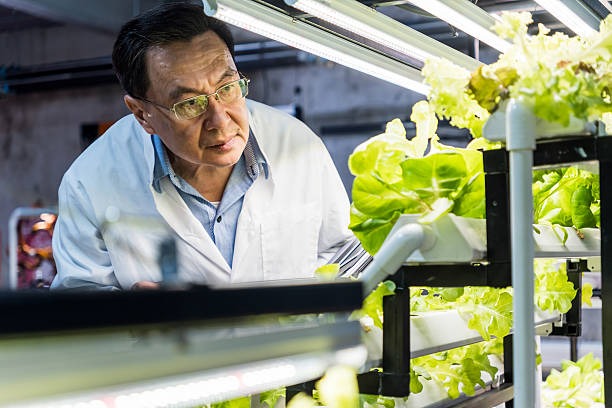Sustainability isn’t just a buzzword; it’s a crucial step toward creating a healthier planet for future generations. Whether you’re an avid gardener or a homeowner looking to make greener choices, adopting sustainable solutions is easier than you might think.
This article examines practical strategies that can significantly impact waste reduction, resource conservation, and environmental well-being. From eco-friendly gardening practices to smarter energy consumption, every step you take can help grow a greener future.
Choose Native Plants to Support Local Ecosystems
Native plants are naturally adapted to your region’s climate and soil, requiring significantly less water, fertilizer, and maintenance. Better yet, they attract pollinators like bees and butterflies, which help your garden thrive while supporting local biodiversity.
For instance, if you’re a Utah resident, visiting a plant store in Salt Lake City offers a wide range of native plants tailored to the local climate. Selecting these plants ensures you’re contributing to the health of your community’s ecosystem.
Compost Kitchen and Garden Waste
Composting is a simple yet effective way to manage organic waste while enriching your soil. By turning food scraps and garden waste into nutrient-rich compost, you can reduce landfill waste while enhancing your garden’s health.
Start by creating a compost bin in your backyard or explore composting services available in your area. Over time, you’ll not only have less trash but also healthier plants nourished by natural fertilizers, eliminating the need for chemical alternatives.
Conserve Water with Smart Irrigation
Water scarcity is a growing concern, but you can make a difference with efficient watering methods. Install drip irrigation systems that deliver water directly to plant roots, minimizing waste from runoff or evaporation.
You can also capture rainwater using barrels, which can then be used to hydrate your garden. Pair these methods with mulching, which helps retain soil moisture and reduces the need for frequent watering.
Use Sustainable Gardening Tools and Supplies
Making eco-friendly choices extends to the tools and materials you use. Opt for biodegradable pots, organic fertilizers, and natural pest control methods to reduce your carbon footprint.
For more advanced gardeners, consider investing in electric or manual gardening tools, which are quieter and cleaner than their gas-powered counterparts. These small changes can significantly reduce your ecological impact over time.
Reduce Energy Consumption at Home
Sustainability isn’t limited to the garden. By adopting energy-efficient practices at home, you can lower your utility bills while contributing to a greener future.
Switch to energy-saving LED bulbs, unplug devices when not in use, and invest in smart thermostats to regulate your home’s temperature efficiently. Additionally, upgrading to Energy Star-certified appliances can make a significant difference in reducing your household’s energy consumption.
Create a Pollinator-Friendly Space
Pollinators like bees, butterflies, and birds play a vital role in maintaining healthy ecosystems. You can support these essential creatures by planting pollinator-friendly flowers like milkweed, lavender, or sunflowers.
Bees in particular are sensitive to pesticides, so avoid using chemical sprays and instead rely on natural pest control methods. Adding a small bee fountain or birdbath can also provide clean water for these important visitors.
Inspire Change in Your Community
Sustainability starts with individual actions, but collective efforts can amplify the impact. Share your knowledge with neighbors and friends or get involved in local initiatives like community gardens or waste reduction programs.
Support businesses and organizations that prioritize sustainability, such as farmers’ markets or eco-conscious plant stores, to help strengthen your community’s commitment to a greener future.
Sustainable Living for a Better Future
Every small change adds up when it comes to sustainability. By incorporating these eco-friendly practices into your daily life, you can make a significant impact on the planet’s health while inspiring those around you to do the same. Together, we can grow a greener, more sustainable future for generations to come.



